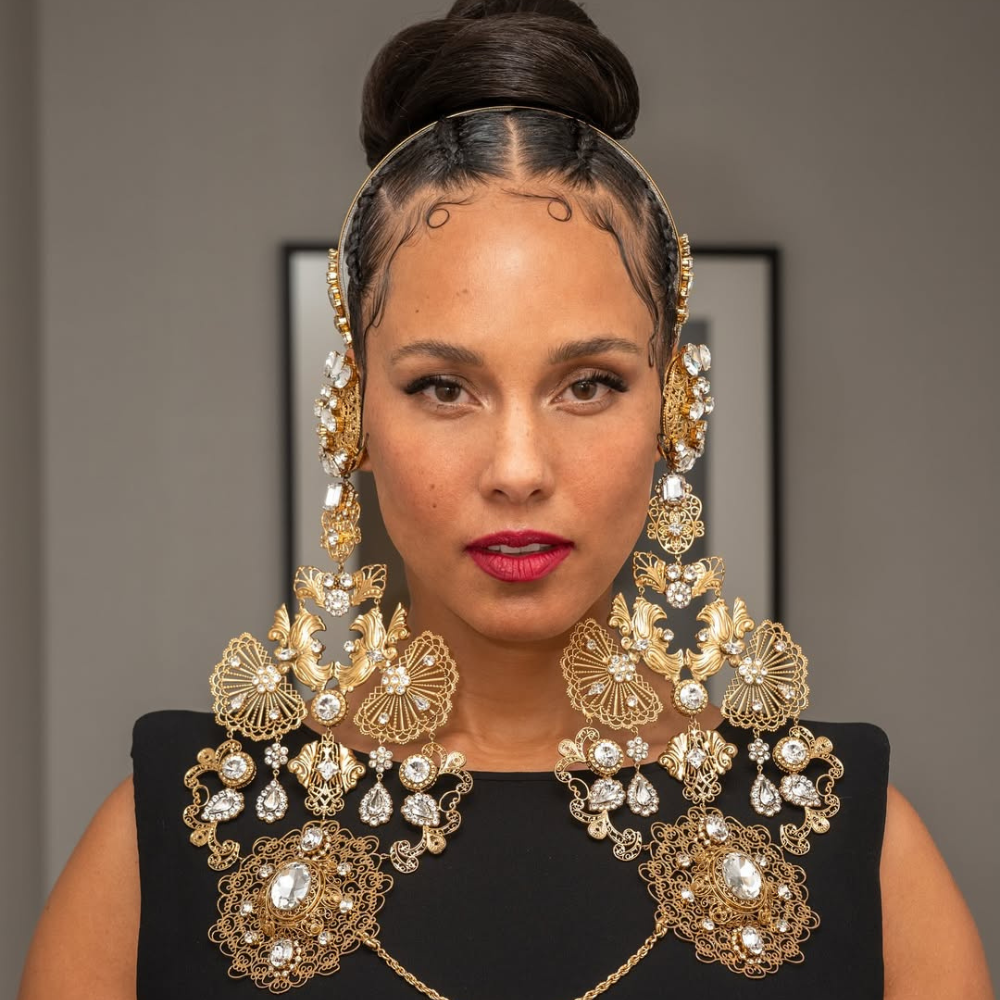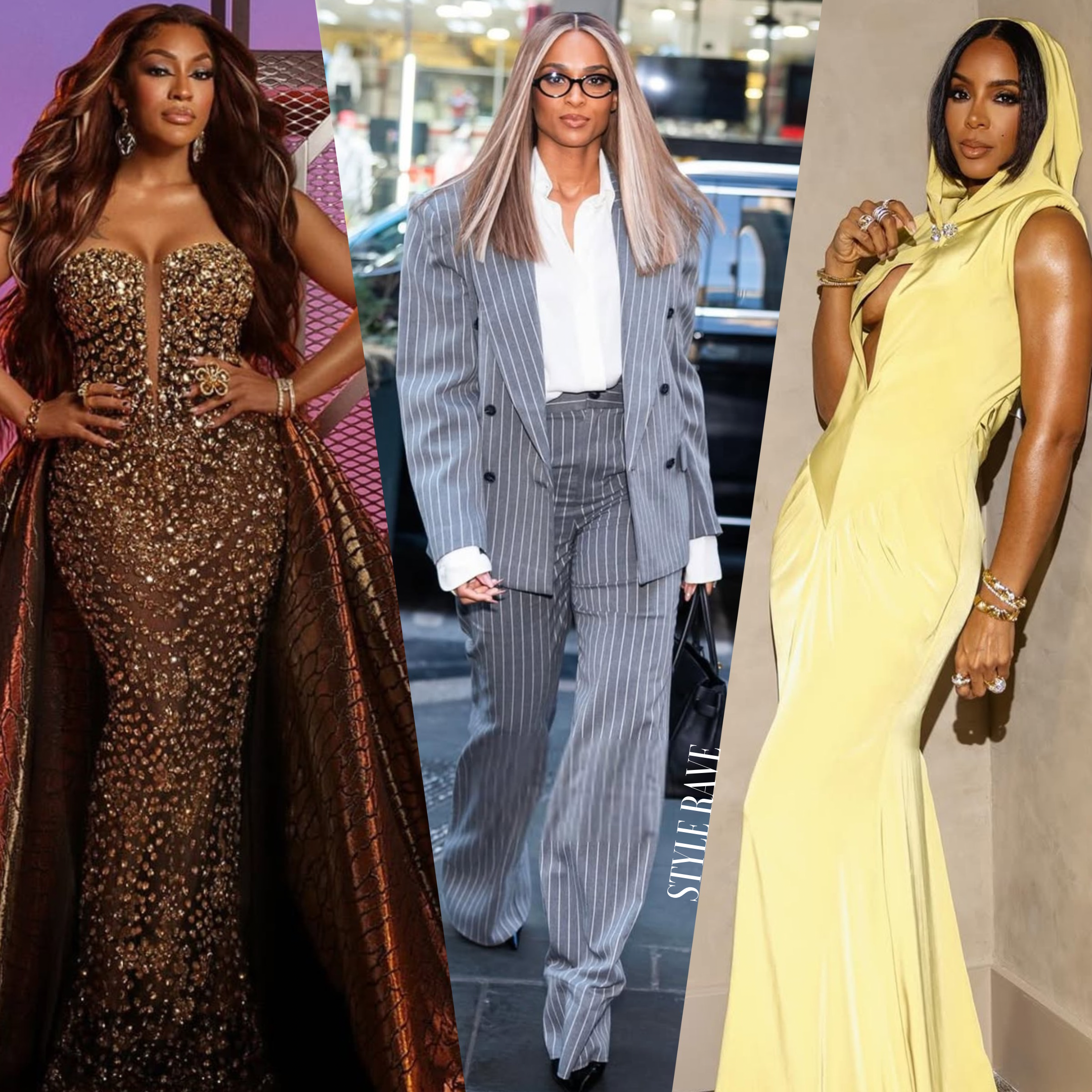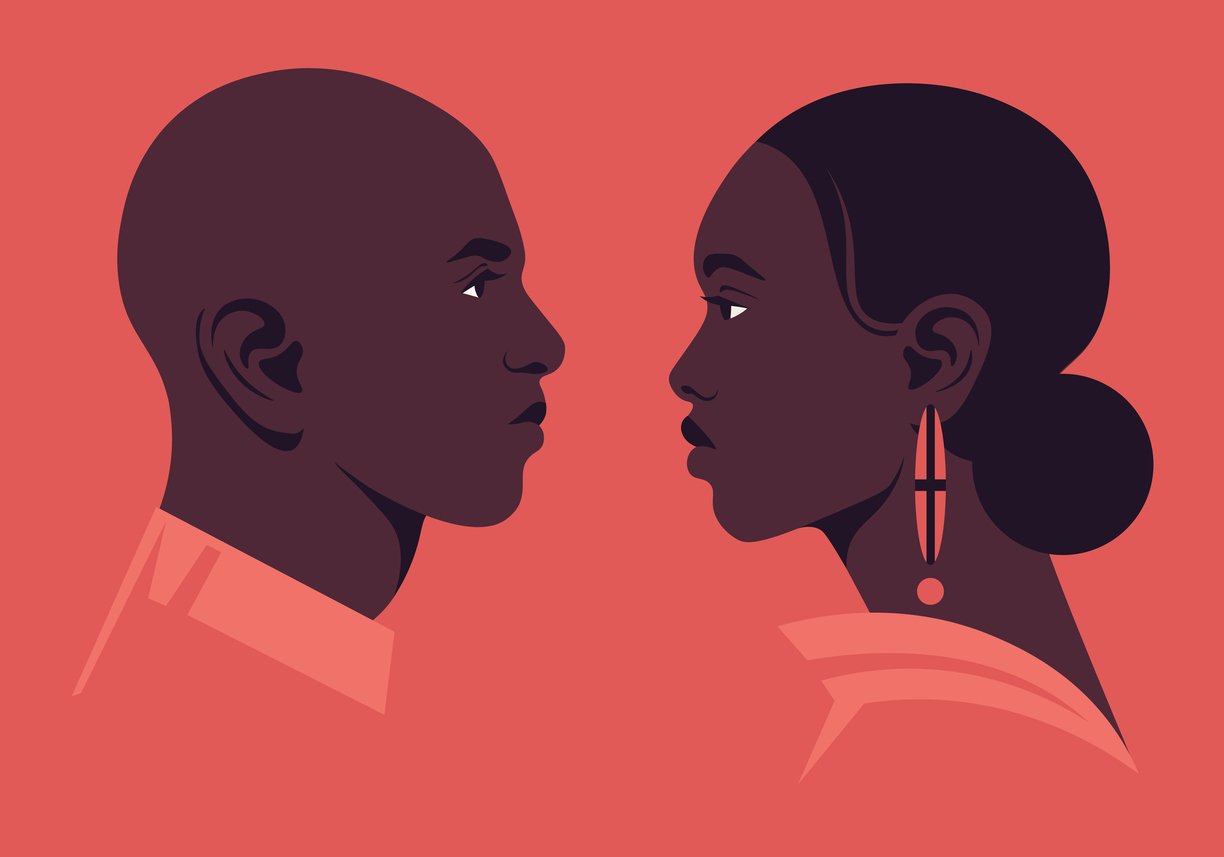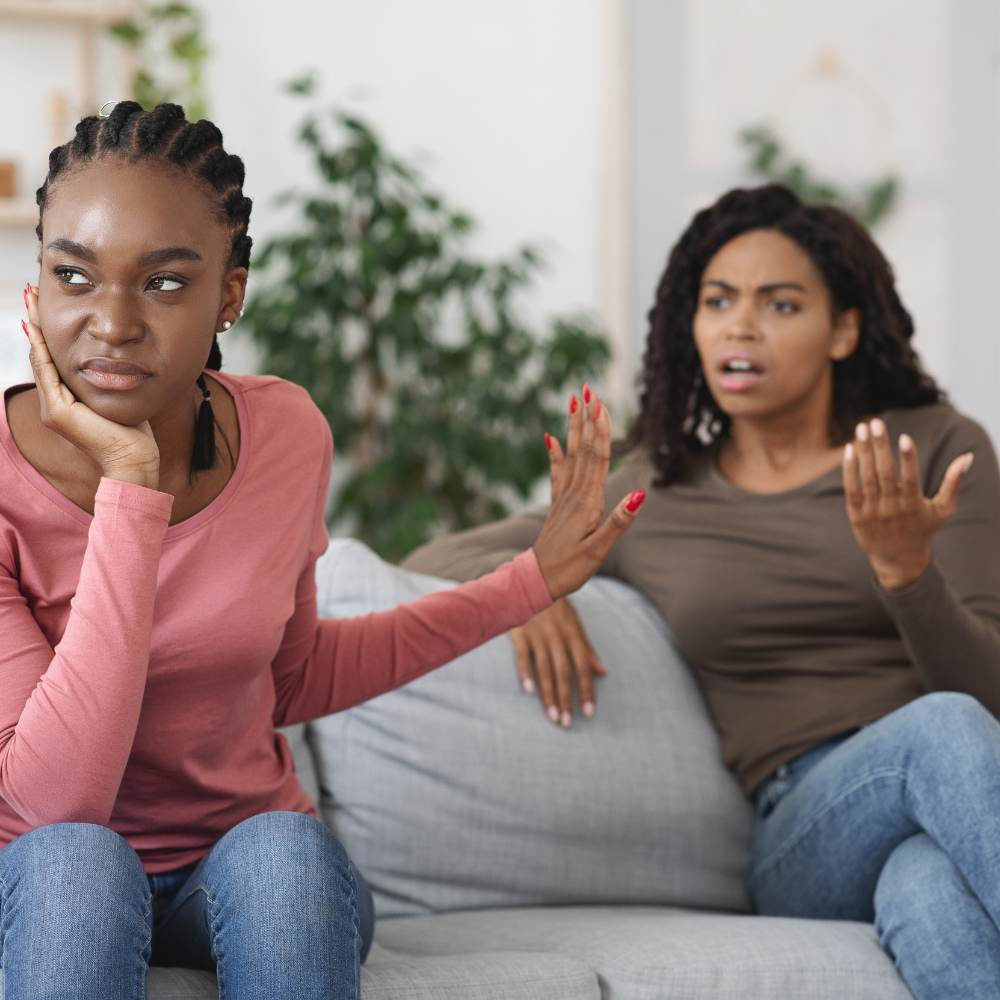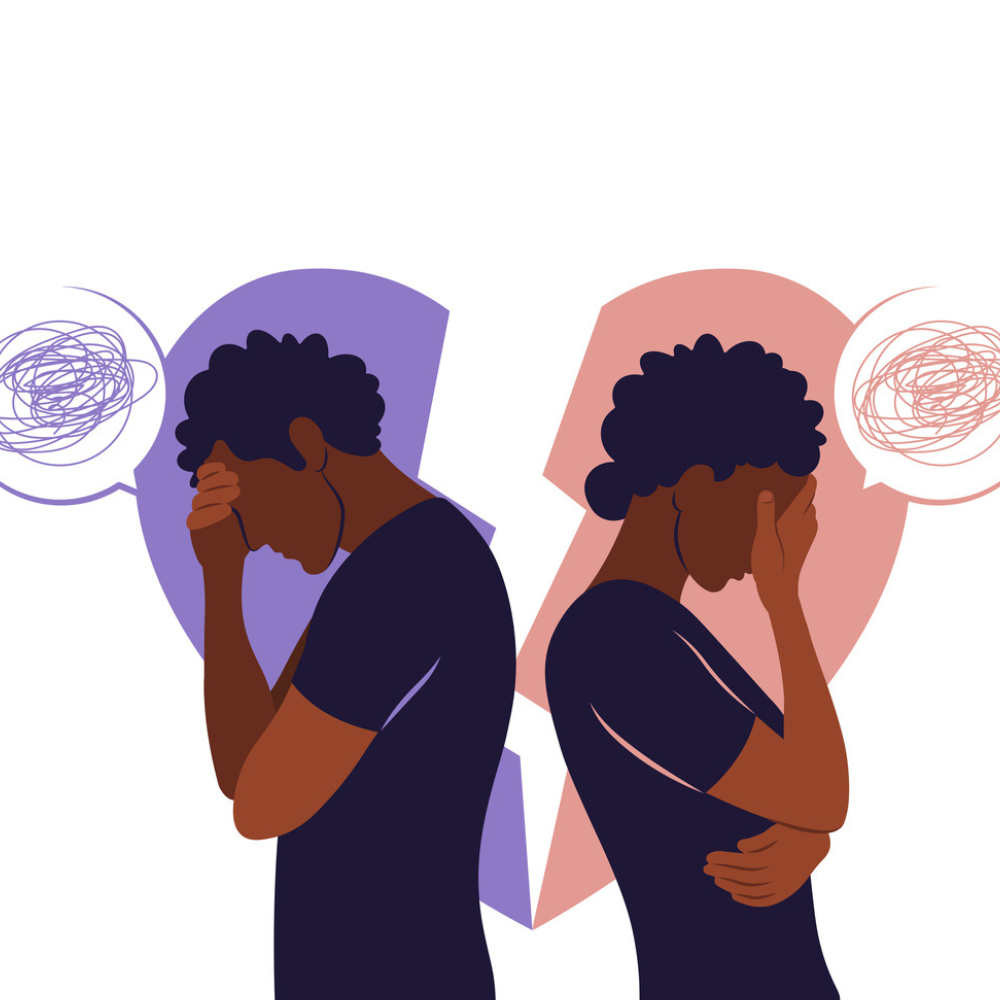
A creative writer with a voracious appetite for fashion, beauty,…
Emotional availability is essential for healthy relationships, whether romantic, platonic, or familial. When someone feels close yet distant, something will always feel off. Some struggle to open up or form meaningful connections due to emotional unavailability. While you may know how to navigate these relationships, others may not. The sooner you recognize the signs of emotional unavailability, assess the situation, and decide your next step, the better it is for everyone involved.
Recognizing emotional unavailability can help protect your well-being and manage expectations in relationships. If you choose to stay, especially in a romantic relationship, understanding their behavior can help you navigate interactions without compromising your worth and energy. The key is identifying the signs early, allowing you to decide whether to walk away or move forward with caution.
Here are sure signs of someone who might be emotionally unavailable…

#1. Prefers to put up a tough front
Emotionally unavailable individuals are skilled at shielding their true feelings, struggles, or past experiences. Instead of opening up, they maintain a guarded demeanor and steer clear of situations requiring emotional intimacy. They rarely share personal details about their life, deflect deep questions with humor or abrupt topic changes, and keep conversations surface-level—even after knowing someone for a long time.
#2. Their communication is inconsistent
Emotionally unavailable people tend to alternate between intense attention and sudden withdrawal, making it difficult to establish steady contact. They may send sporadic texts or calls, often disappearing for long stretches without explanation. When you need them the most, they are unreachable. Plans are frequently canceled at the last minute or left intentionally vague, creating an unpredictable dynamic.
#3. They fear commitment
One of the most common traits of emotional unavailability is an aversion to commitment. They avoid defining the relationship or discussing the future, expressing discomfort with labels such as “partner” or “boyfriend/girlfriend.” Often, they have a track record of short-term relationships or noncommittal “situationships,” preferring to keep things undefined.
#4. They prioritize physical over emotional connections
Rather than forming deep emotional bonds, they focus on physical intimacy as a way to avoid vulnerability. They may show more interest in casual hookups or affectionate gestures but shy away from meaningful conversations. When emotional topics arise, they dismiss, deflect, or ignore them, leading to an imbalance in the relationship.
#5. When conflict arises, they become defensive
Addressing emotions requires vulnerability, which emotionally unavailable individuals find uncomfortable. As a result, they tend to shut down, walk away, or avoid arguments altogether. Apologies and honest discussions are rare, and when faced with criticism or requests for change, they react defensively instead of engaging in constructive dialogue.
#6. They emphasize extreme independence
While self-sufficiency is generally positive, emotionally unavailable people take it to an extreme as a means of avoiding emotional closeness. They often say things like, “I don’t need anyone” or “I’m better off alone,” resisting both relying on others and allowing others to rely on them. Their priorities lean heavily toward work, hobbies, or friendships rather than nurturing the relationship.
#7. Their behavior is unpredictable
Emotionally unavailable individuals can be hot and cold, switching between affectionate and distant without warning. They may be warm and engaging one moment but withdrawn the next, especially after moments of emotional closeness. This inconsistency can leave you feeling like you’re walking on eggshells, never sure where you stand.
#8. They also avoid discussions about the future
Living in the present may seem spontaneous, but emotionally unavailable people often use it as a way to evade long-term commitments. Conversations about the future remain vague or are consistently pushed aside. They may show reluctance to integrate you into their life plans, making it clear that their long-term vision does not include the relationship.
#9. Their emotional detachment may stem from past trauma
Unresolved emotional wounds often contribute to their inability to connect deeply. They might frequently reference past heartbreak but show no signs of healing. Their cynicism about love and relationships serves as a defense mechanism, and they may use their past experiences as an excuse to avoid emotional closeness.
#10. They struggle with empathy
Forming meaningful relationships requires understanding and consideration for others’ emotions—something emotionally unavailable people often lack. They may seem indifferent to your feelings, dismiss your concerns, or rarely check in on your emotional state. Instead, their focus tends to be on their own struggles, leaving little room for reciprocity in emotional support.
How to handle someone like this

If you recognize these signs in someone you care about, setting boundaries is crucial to protecting your emotional well-being. Start by expressing your needs and concerns calmly, without judgment or blame. Clearly define what behavior is acceptable and what isn’t, ensuring that your expectations are communicated.
It’s also important to remember that their emotional unavailability is about them, not you. Taking it personally can lead to unnecessary self-doubt and frustration. If they’re open to change, consider suggesting therapy or counseling as a way to work through their emotional barriers.
However, if the relationship consistently leaves you feeling unfulfilled or hurt, it may be time to reassess your priorities. Your well-being should always come first, and sometimes, walking away is the healthiest choice.
In conclusion
Emotional unavailability doesn’t make someone a bad person, but it can create obstacles in forming deep and fulfilling relationships. That’s why recognizing the signs early is key to navigating these dynamics with clarity and confidence.
At the end of the day, you deserve emotional reciprocity and connections that uplift you. Prioritize your mental and emotional well-being, and be mindful of where you invest your energy. Choosing relationships that nourish your soul will always be the best decision.
Featured image: Elena Kalinicheva/iStock
Medical Disclaimer
All content found on the StyleRave.com website, including text, images, audio, video, and other formats is created for informational purposes only. The content is not intended to be a substitute for professional medical advice, diagnosis, or treatment. If you think you may have a medical emergency, please call your doctor, go to the nearest hospital, or call 911 immediately depending on your condition.
For the latest in fashion, lifestyle, and culture, follow us on Instagram @StyleRave_
—Read also
A creative writer with a voracious appetite for fashion, beauty, lifestyle and culture. As one who's passionate about the advancement of the woman, creating content that inspire smart style and living, and positive lifestyle changes is a calling I take seriously. At Style Rave, we aim to inspire our readers by providing engaging content to not just entertain but to inform and empower you as you ASPIRE to become more stylish, live smarter and be healthier. Follow us on Instagram @StyleRave_ ♥

